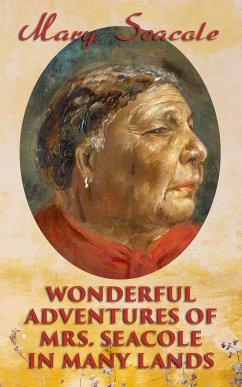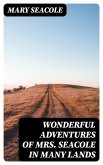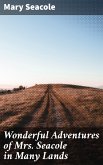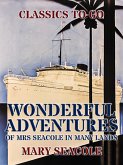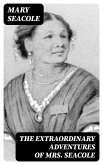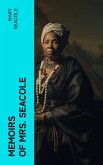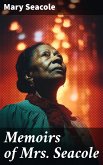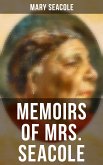Wonderful Adventures of Mrs. Seacole in Many Lands (1857) is one of the earliest autobiographies of a mixed-race woman. In her autobiography, Seacole records her bloodline thus: "I am a Creole, and have good Scots blood coursing through my veins. My father was a soldier of an old Scottish family." Legally, she was classified as a mulatto, a multiracial person with limited political rights. Seacole emphasises her personal vigour in her autobiography, distancing herself from the contemporary stereotype of the "lazy Creole", She was proud of her black ancestry, writing, "I have a few shades of deeper brown upon my skin which shows me related - and I am proud of the relationship - to those poor mortals whom you once held enslaved, and whose bodies America still owns." She also became widely known and respected, particularly among the European military visitors to Jamaica who often stayed at Blundell Hall. She treated patients in the cholera epidemic of 1850, which killed some 32,000 Jamaicans. However, the erection of a statue of her at St Thomas' Hospital, London, on 30 June 2016, describing her as a "pioneer nurse", has generated controversy and opposition from supporters of Florence Nightingale. Earlier controversy broke out in the United Kingdom late in 2012 over reports of a proposal to add her to the UK's National Curriculum. Read about this inspiring woman in this meticulously edited and formatted edition by e-artnow which is formatted to the highest digital standards and adjusted for readability on all devices.
Dieser Download kann aus rechtlichen Gründen nur mit Rechnungsadresse in A, B, BG, CY, CZ, D, DK, EW, E, FIN, F, GR, H, IRL, I, LT, L, LR, M, NL, PL, P, R, S, SLO, SK ausgeliefert werden.

